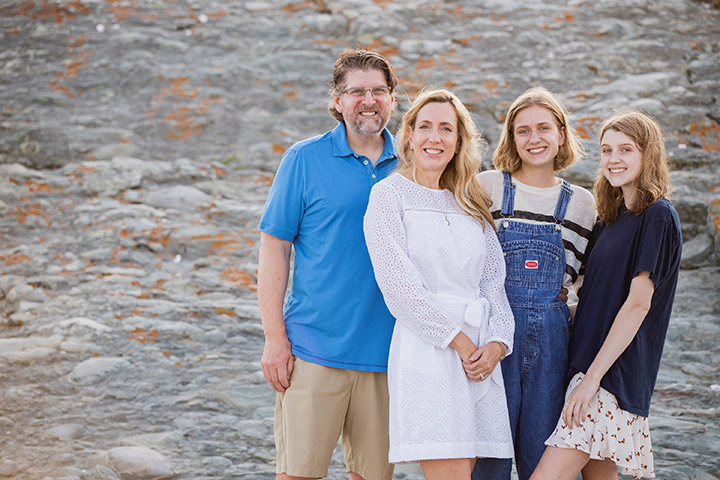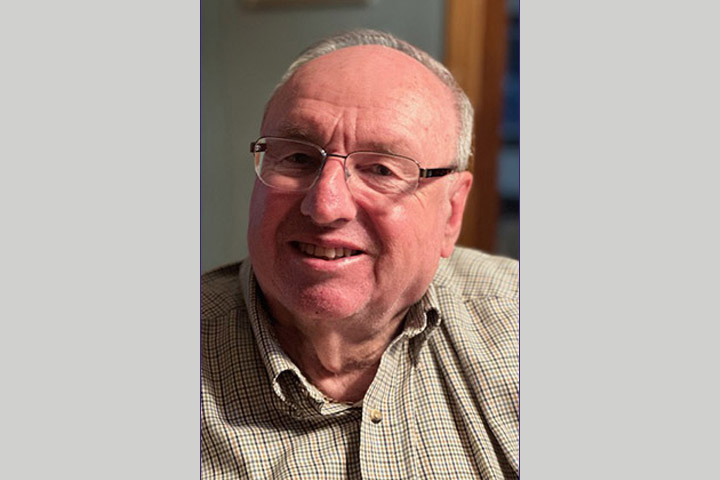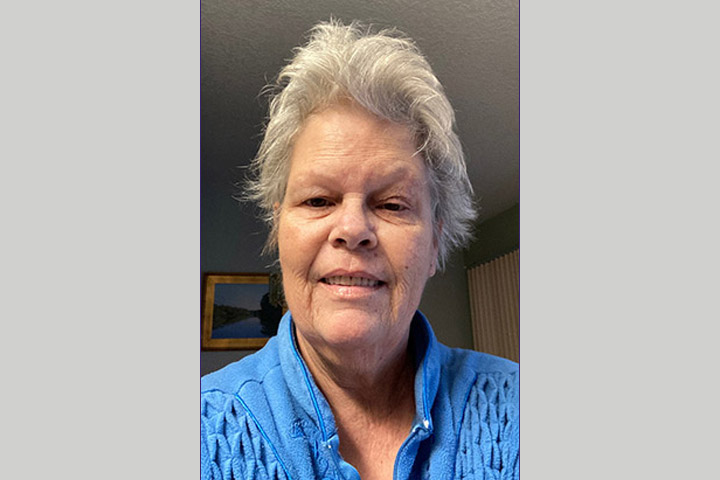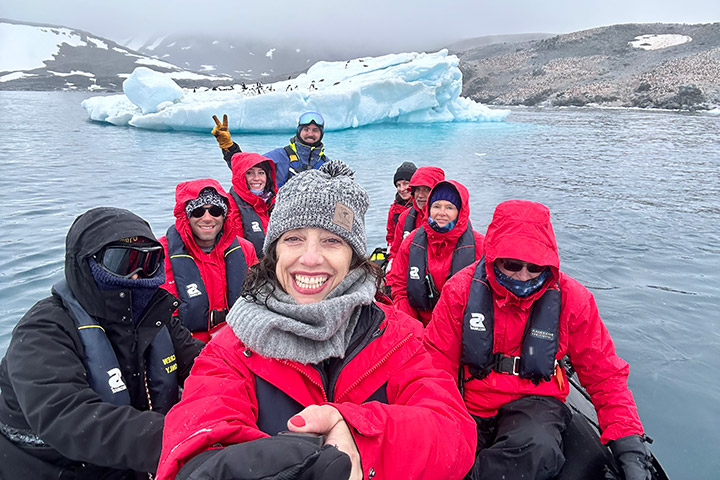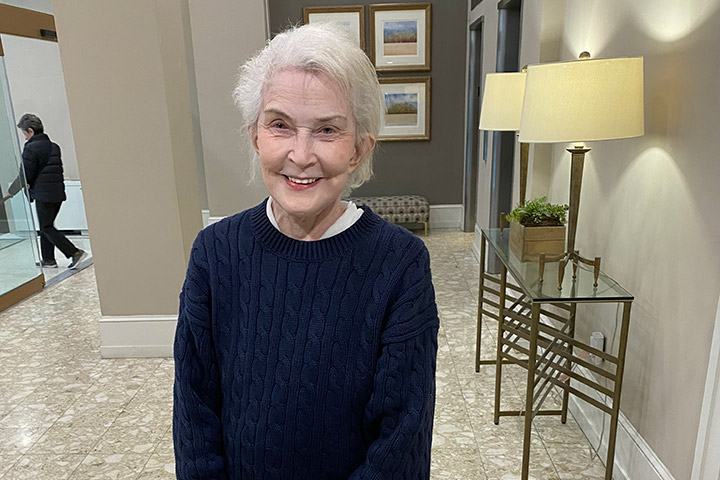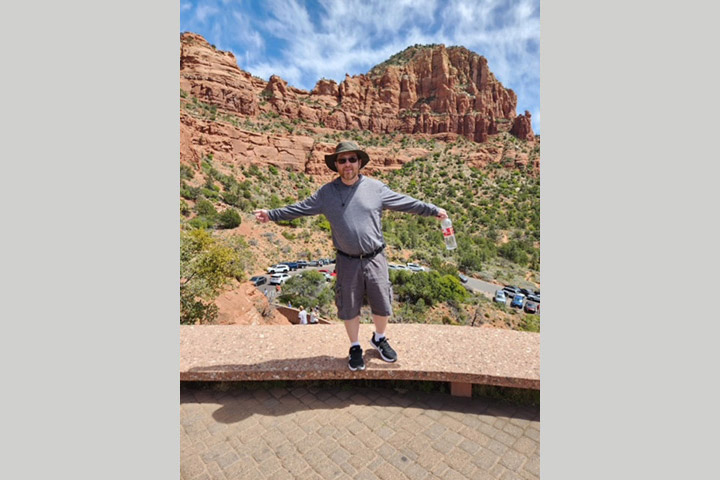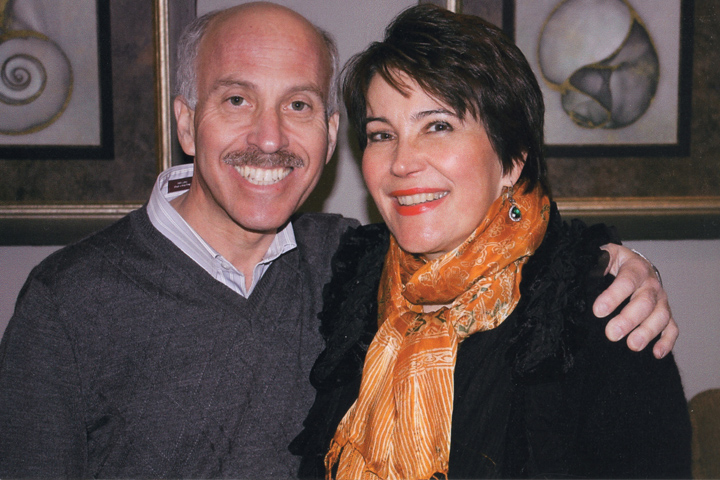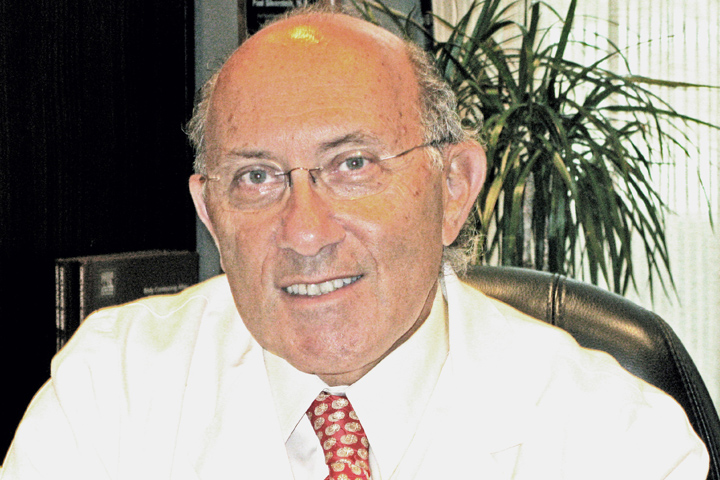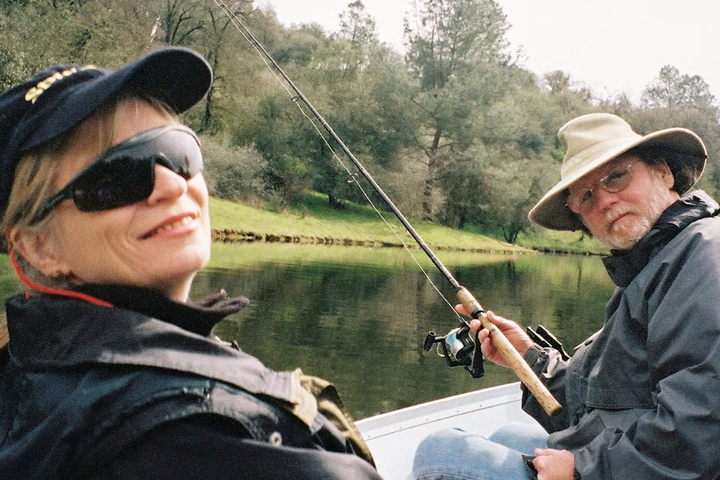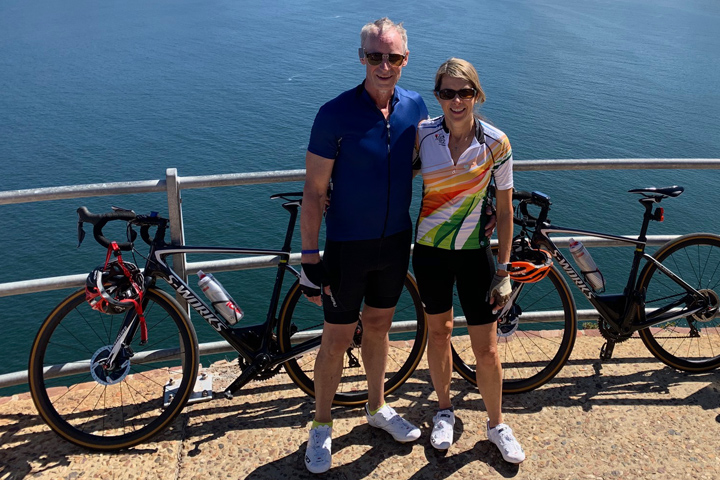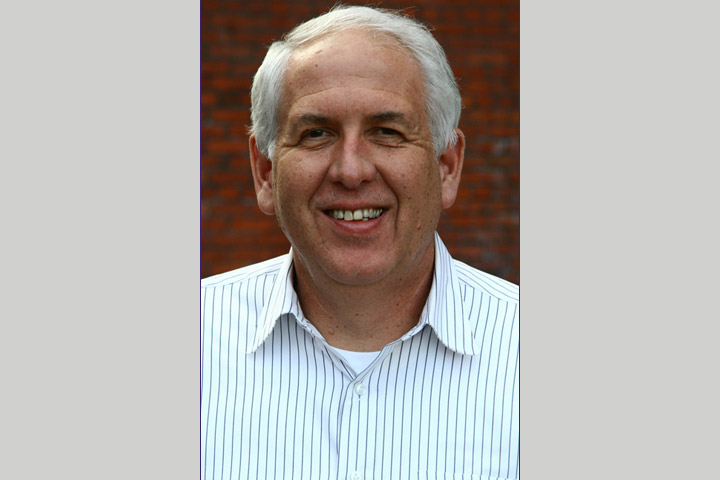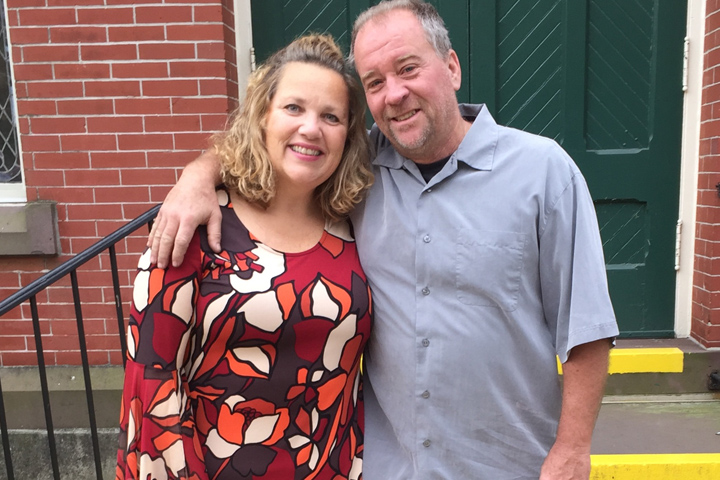whipple
209 articles

If your tumor is in the head of the pancreas and has not spread, you may qualify for a Whipple procedure. What can you expect from this complex surgery?
Vigilance in Pursuing Symptoms Leads to Early Diagnosis
Jay Buth was very persistent in pursuing the reason for his symptoms. That led to a diagnosis of early stage pancreatic cancer.
A Long Slog to Diagnosis, A Quick Sprint to Surgery
Joseph Mele suffered through a year of mysterious GI symptoms until he was finally diagnosed with stage II pancreatic cancer.
Being Aggressive Paid Off
Lynn Perkins was only 42 when she was diagnosed with stage I pancreatic cancer, so she wanted aggressive treatment. That was in 2004!
Cancer-Free and Running Strong
After her Whipple procedure, Janice Canfield is making the most of her time, working, running races, and traveling the world.
Leaning into the Fight: My Battle with Pancreatic Cancer
Despite an extensive family history of pancreatic cancer, Deanna Burney’s doctors did not keep a close eye on her pancreatic cyst.
A Strong Support System Is Critical
Tony Austinson credits good care and a strong support system of family, friends, and men who survived cancer for getting him through.
A Clinical Trial Matches My Genetics
Steven Merlin learned that he carried the BRCA2 mutation after he developed pancreatic cancer. He researched and found a clinical trial for BRCA carriers.
Aiming to be More than a Statistic
Dr. Paul Silverstein knew that he needed genomic testing, immunotherapy, and a clinical trial in his battle with pancreatic cancer.
Finding Qualified Doctors Made All the Difference
Lee Ringuette switched doctors to get ones willing to try new treatment protocols so he could have to a Whipple procedure.
Molecular Profiling Leads to Non-Standard Pancreatic Cancer Treatments
With stage IV pancreatic cancer, Rick Baker got molecular profiling which helped direct his different treatments, including clinical trials.
My Most Challenging Race
Eric Lasner faced Whipple surgery, chemotherapy with FOLFIRINOX, and radiation, in order to get back to closed circuit road racing.
USAF Veteran PJ, Author, Entrepreneur, and Survivor of CHF and Pancreatic Cancer
Dr. James Moss has followed many different pursuits in his life but now he can call himself a pancreatic cancer survivor.
My Eight-Year Un-Celebration of Surviving Pancreatic Cancer
William Ramshaw shares his thoughts and advice for those in treatment, on reaching the eight-year pancreatic cancer survivor mark.
An Unexpected Diagnosis After Surgery
Lora Kelly had surgery to remove a cyst that turned out to be pancreatic cancer. Treatment including clinical trials keeps the cancer from returning.
Listen to Your Body
When Roxanne Waling discovered she had pancreatic cancer she underwent genetic testing. She found she was a BRCA2 carrier, which influenced her post-treatment decisions about her health.
